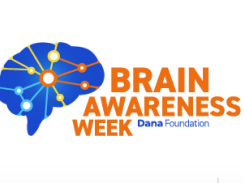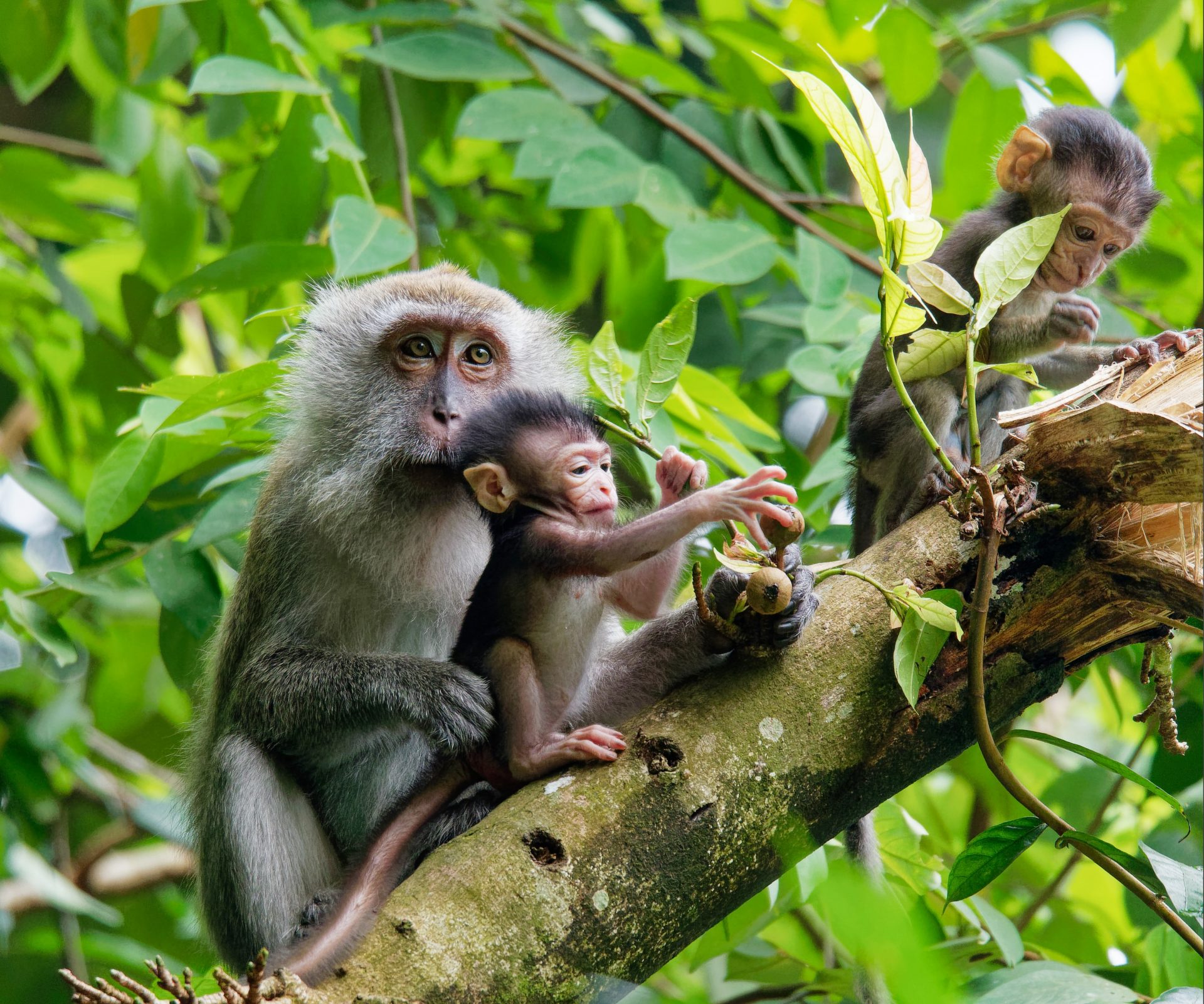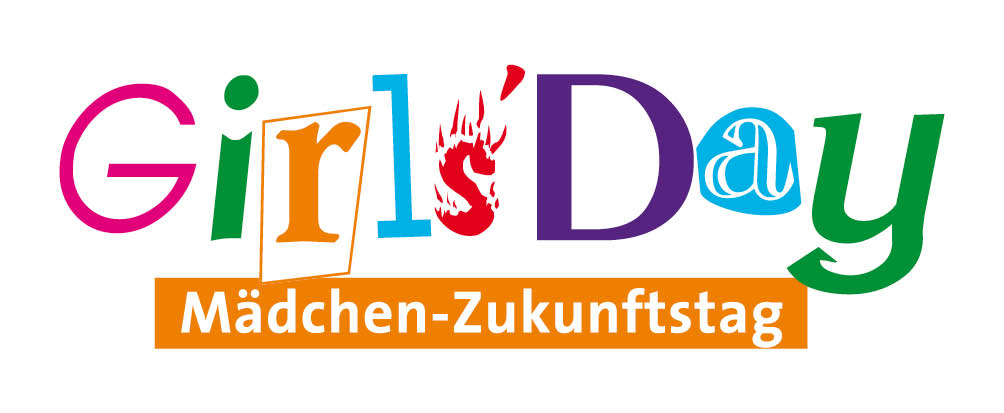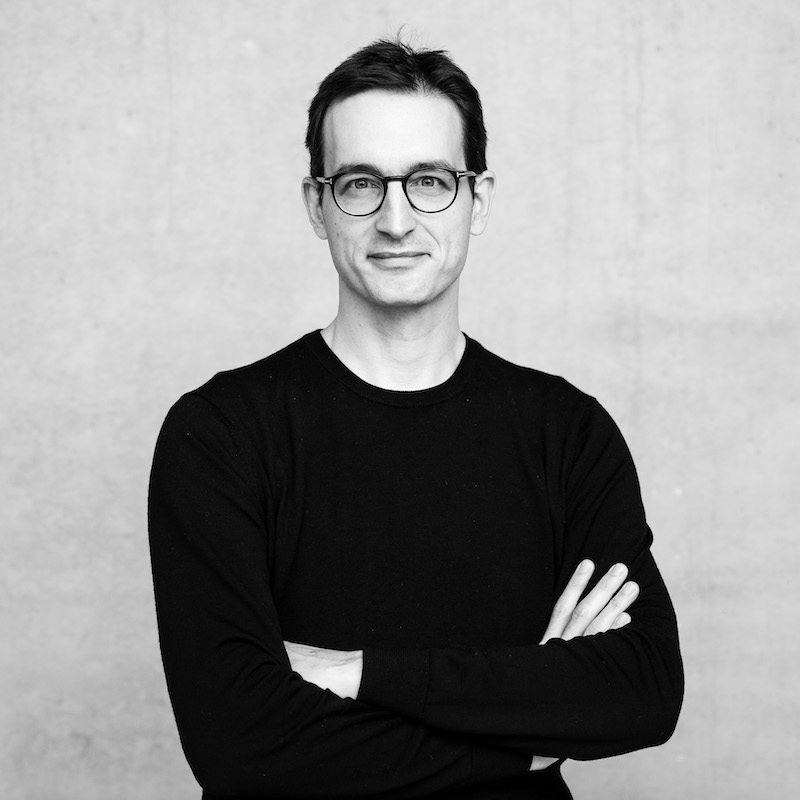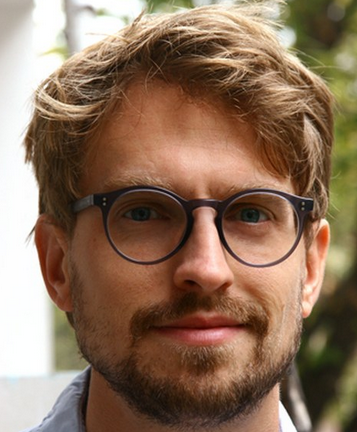
Thursday Morning Talk With Jakub Limanowski (TU Dresden): Precision Control as a Mechanism for Shaping Body Models
When controlling action — e.g., hand movements — the brain typically relies on seen and felt posture information to represent 'its' body. It is thought that the brain combines these estimates into a multisensory (e.g. hand) representation in a probabilistic fashion, accounting for how reliable each estimate is in the given context. I will present
